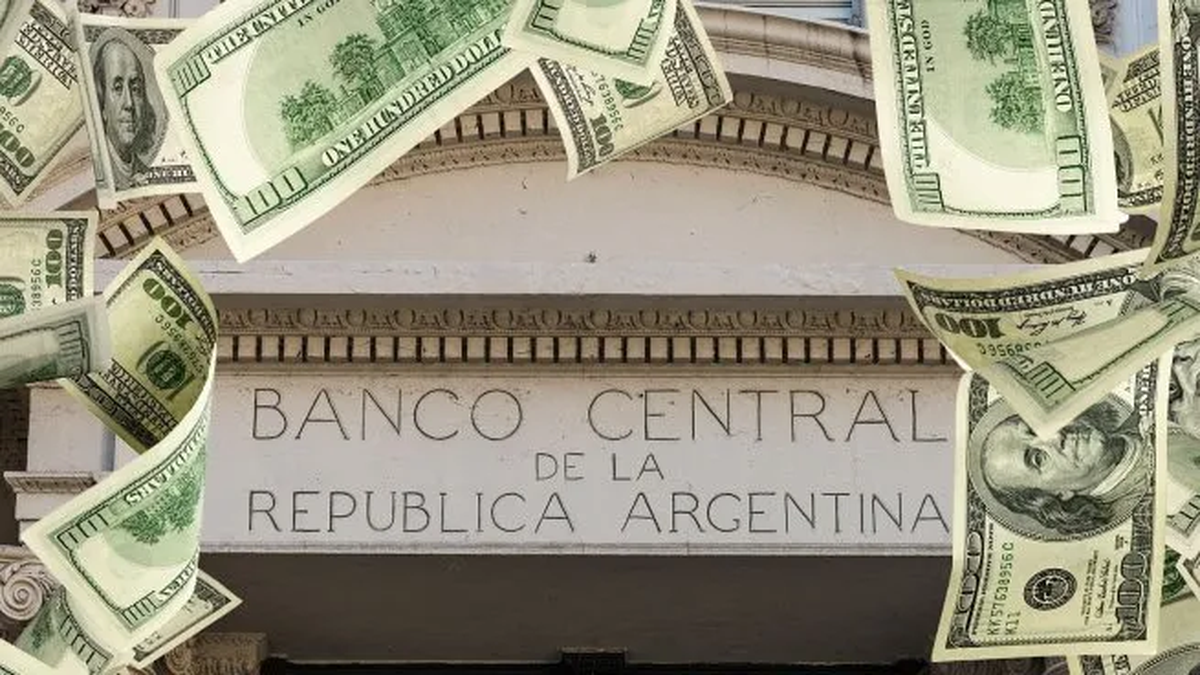For almost six years, London and Tehran have been fighting for the release of Nazanin Zaghari-Ratcliffe, who is being held in Iran. Now the British-Iranian dual national could leave the country.
Breakthrough after years of dispute: The British-Iranian dual national Nazanin Zaghari-Ratcliffe has been allowed to leave Iran after almost six years in prison and house arrest. This was announced by British Prime Minister Boris Johnson on Twitter.
Another dual national with a British passport was also allowed to leave Tehran. “I am pleased to confirm that the unjust detention of Nazanin Zaghari-Ratcliffe and Anoosheh Ashoori in Iran has ended today,” Johnson wrote. The two are on their way to Great Britain.
Labor MP Tulip Siddiq posted a photo on Twitter showing Zaghari-Ratcliffe smiling on a plane. According to media reports, she is likely to take a detour via an Arab Gulf state that had helped mediate.
Arrested on espionage charges
The former project manager of the Thomson Reuters Foundation was arrested in 2016 after visiting her parents on espionage charges. She is said to have tried to overthrow the government. Although she denied all charges, she was sentenced by a revolutionary court to five years in prison and later an additional year. During the corona pandemic, she came out of prison and was placed under house arrest. Her British husband Richard Ratcliffe campaigned vehemently for the release of the mid-forties under the slogan “Free Nazanin”. The couple have a daughter of elementary school age.
“You can’t get the time back,” Ratcliffe told journalists on Wednesday. But you live in the future, not in the past. Ratcliffe said that he would only really believe that his wife would be released once she had arrived in Great Britain.
London paid
It is believed that by taking action against Zaghari-Ratcliffe, Iran wanted to pay off old British debts dating before the 1979 Islamic Revolution. It’s about 400 million pounds (476 million euros). Foreign Minister Liz Truss confirmed in London that the sum had now been paid. They said another British-Iranian dual national was released under the deal, but the man remained in Iran.
Truss should benefit from the success of the negotiations. Four of her predecessors had failed in the case. Boris Johnson in particular had not played a creditable role during his time as chief diplomat. When questioned by a committee of the British House of Commons, he once said that Zaghari-Ratcliffe had trained journalists in Iran – which she had always denied.
Now progress on the nuclear deal?
Observers speculate that the release of the British could also have positive effects on the international nuclear negotiations in Vienna. In January 2016, an imprisoned US-Iranian, Washington Post reporter Jason Rezaian, was first released, and in return the US released $1.7 billion in Iranian funds frozen by the United States. Only then was the Vienna Nuclear Agreement of 2015 officially implemented.
The issue of the release of imprisoned dual nationals was also hotly debated on the fringes of the most recent negotiations in Vienna. The US in particular accused Iran of using them as “political hostages”. More than a dozen Iranians with Western citizenship – including Americans, Germans, French and Austrians – are currently being held in Iran for alleged political offenses or espionage.
Source: Stern
David William is a talented author who has made a name for himself in the world of writing. He is a professional author who writes on a wide range of topics, from general interest to opinion news. David is currently working as a writer at 24 hours worlds where he brings his unique perspective and in-depth research to his articles, making them both informative and engaging.




